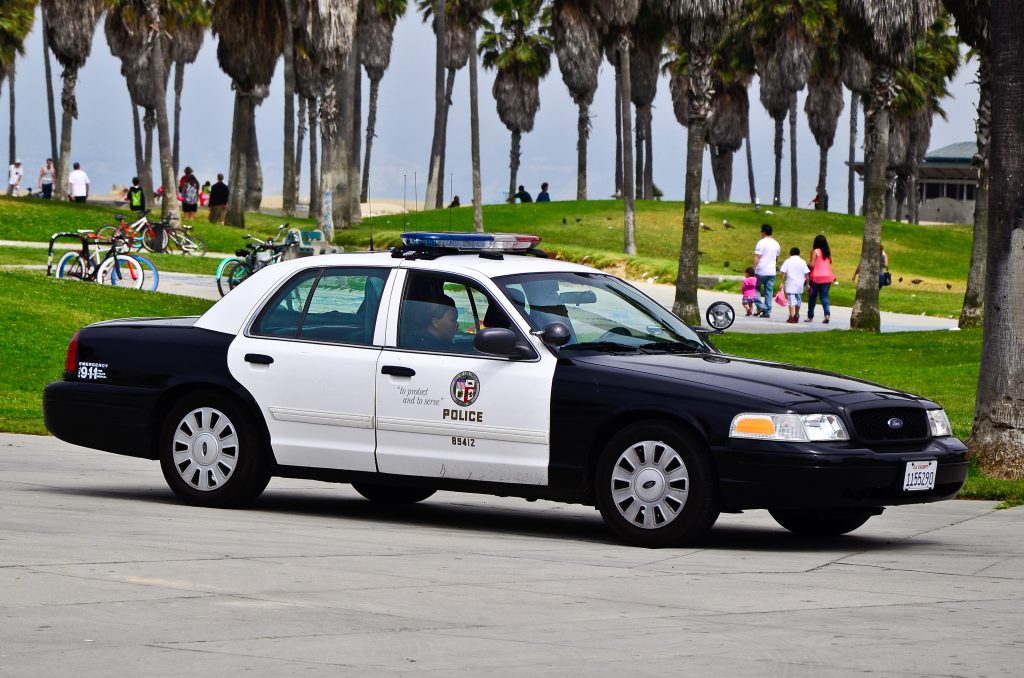By Saul Roth
Stein et al. (2007) explained that those individuals that find police work thrilling and thrive on excitement have a lesser chance to experience PTSD. Fortunately, there are many different personalities in the police department. Certainly, having a large population of thrill-seekers handling police assignments would be cause for many discipline problems. The existence of different personalities allows a department to handle the different types of assignments that arise. The right people are hopefully put into the right positions to handle child abuse and domestic incidents. The right officers need to be assigned to emergency service units, marine, and aviation units, as goodness of fit is critical.
Green (2004) noted that officers are six times more likely to acquire PTSD than the general public. As police officers encounter adversarial conditions and events on a daily basis, this is a plausible scenario. Though the more an officer experiences a similar event, the easier it becomes to handle, the constant experiencing of violence is a direct cause of PTSD. During the interview documented earlier in the chapter, the employee believed that every police officer has some form of PTSD. As I am not a psychiatrist, I cannot confirm nor discount this theory, but the statement by someone in knowledge of officers with psychological problems demonstrates that PTSD is a large problem in police departments.
The study of PTSD in World Trade Center responders was definitive evidence that officers are liable to incur trauma after witnessing dangerous events. Police officers responded to the World Trade Center in large numbers, yet they had the lowest percent of responders with PTSD among the professions studied. This speaks to the effect of experience helping to handle situations, while simultaneously showing that those exposed to death and violence is vulnerable to PTSD.
Burnout
Burnout is a condition of exhaustion, state Basinska and Wiciak (2012). They suggest that police officers are more exhausted than firefighters. Firefighters have a very dangerous position and in New York City, it might be more dangerous that of than police officers. Firefighters respond into burning buildings. In many instances a number of firefighters will be killed in the same incident. However, because officers are being observed by the public, moving from one assignment to another, and constantly being vigilant, they will likely become exhausted far quicker than firefighters. The constant experience of these calls, poor supervision, and ridicule from the public leads to burnout for many police officers. Cannizzo and Liu (1995) reveal that burnout is more prevalent with officers that are in the same position and assignment for a long period of time. I believe I experienced some burnout when I first came to the Nassau County Police Department, given the nature of changing police departments a few times and beginning my career over again with low seniority. I eventually overcame this feeling by accomplishing what I did in other departments. I moved to different positions and eventually was promoted to higher positions. Unfortunately, those police officers in smaller police departments do not have these opportunities. If supervision is poor in a small department, I believe the officers will experience burnout rather quickly. Cannizzo and Lui (1995) are accurate in that is very little chance of changing an assignment in a small department, and the chance of burnout is increased.
Cynicism is a coping mechanism for some police officers after years of police work. Burnout seems to have the same symptoms as cynicism. Thus, though these officers may be viewed as just cynical, they might be actually be suffering from anxiety, depression, or PTSD. Vuorensyrjä and Mälkiä (2011) state that burnout is irreversible. Personally, I do not agree with this, as there is no reason that the conditions that cause burnout cannot be treated. For instance, the situation the officer is in can be changed.


Recent Comments